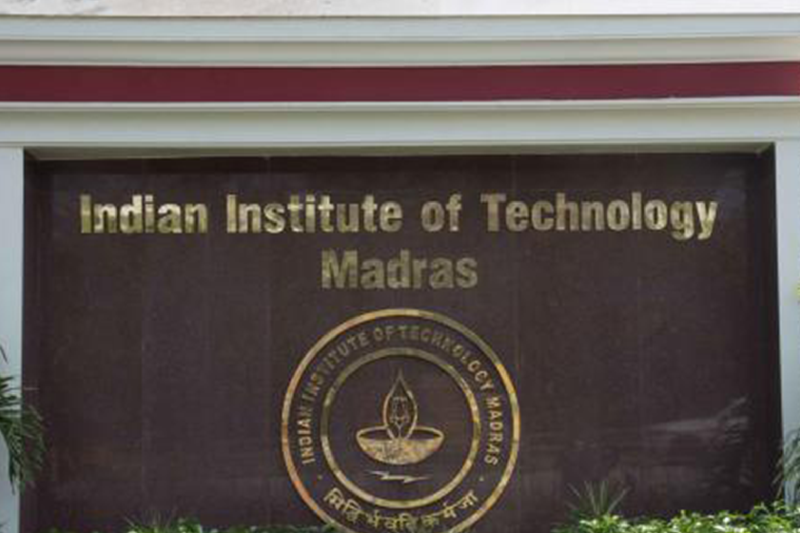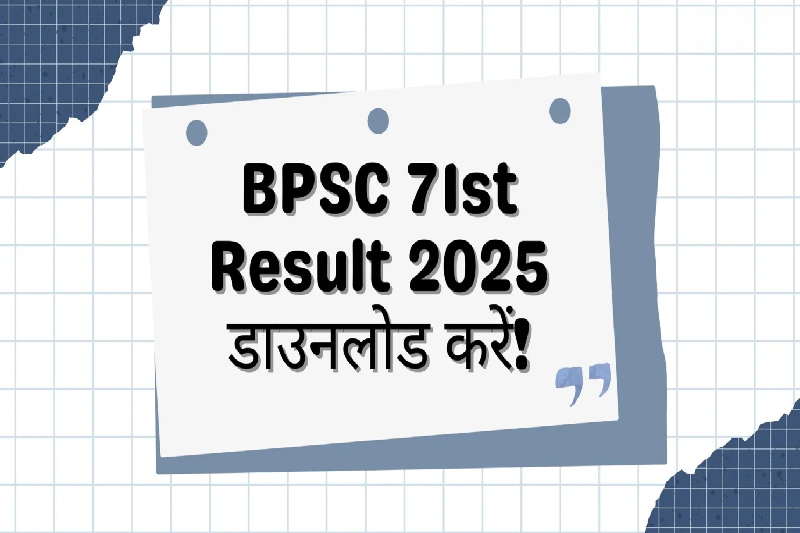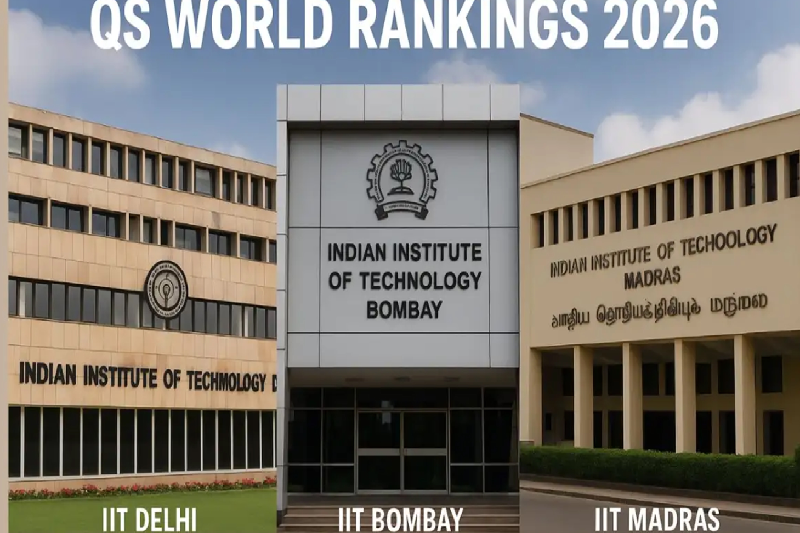
IIT Madras Partners with Sun Life to Predict Diabetes Early Using Genetic Markers
India, home to over 77 million adults with diabetes, is witnessing a transformative step in its public health battle against the disease. In a pioneering collaboration, IIT Madras has joined hands with Sun Life Global Solutions (SLGS) to explore genetic and biomarker-based tools for early detection of Type 2 diabetes — potentially years before symptoms appear.
This cutting-edge research initiative isn’t just about scientific discovery; it's about changing the very approach to how diabetes is diagnosed and managed in India.
The Focus: Pancreastatin as a Novel Biomarker
At the heart of the project is Pancreastatin, a peptide being investigated as a novel biomarker that may allow for early identification of pre-diabetes. Traditional diagnostic tools like fasting glucose tests and HbA1c levels often detect diabetes only after it has progressed, leaving little opportunity for prevention.
By focusing on Pancreastatin, researchers hope to catch the disease before irreversible damage occurs, making it a crucial tool in the fight against the diabetes epidemic.
Genetic Risk Mapping: Looking Years Ahead
Alongside the study of Pancreastatin, the IIT Madras-SLGS team is identifying 10 to 12 genetic markers that may predict an individual’s risk of developing Type 2 diabetes. These genetic clues, particularly tailored to South Asian populations, could allow doctors to assess risk levels years in advance, opening the door to timely lifestyle changes and preventive interventions.
This is especially important for India, where nearly 25 million people are in the pre-diabetic stage, and more than half of all diabetes cases go undiagnosed.
Why Early Detection Matters
The stakes are high. India’s diabetes problem is not just a medical crisis — it's a public health and economic emergency.
- Undiagnosed and late-diagnosed diabetes often leads to complications like kidney disease, heart problems, and neuropathy.
- Early detection could save millions from a lifetime of medication, complications, and loss of productivity.
- On a national scale, this means lower healthcare costs, reduced strain on public health infrastructure, and a healthier workforce.
Turning Science into Solutions
This initiative isn’t just confined to the lab. The researchers at IIT Madras are building on years of previous work where they mapped genetic and protein variations common among South Asians, which contribute to diabetes, hypertension, and cardiovascular diseases.
The current phase is focused on real-world applications — transforming these discoveries into tools that can be used in clinics and hospitals across the country. If successful, the project could lead to:
- New clinical guidelines for early diabetes screening
- Public health policy reforms focused on genetic risk-based interventions
- Affordable diagnostic kits that could be used at primary healthcare centres, especially in rural and semi-urban areas
Broader Impact: A New Model for Global Diabetes Prevention?
If the Pancreastatin-based approach and genetic testing framework prove effective, this initiative could reshape diabetes prevention worldwide — especially in regions facing similar public health challenges.
Countries across Asia, Africa, and Latin America could adopt the model, especially where Type 2 diabetes is spreading rapidly due to urbanisation, sedentary lifestyles, and poor dietary habits.
A Future Without Diabetes?
This partnership between IIT Madras and SLGS holds incredible promise for millions of Indians. For someone at risk today — with no visible symptoms — this research could mean the difference between a life lived with diabetes and a life free from it.
By catching the disease at its root, even before traditional tests can detect it, the project could mark a turning point in how India and the world tackle chronic illnesses.
The Road Ahead
As the research progresses, the following developments are expected:
- Validation of Pancreastatin as a clinical biomarker
- Development and clinical trials of genetic risk scoring tools
- Prototyping of diagnostic kits for scalable use
- Engagement with policymakers and healthcare providers to integrate the findings into national screening programmes
The team’s commitment to translating research into practical, affordable healthcare tools will be key to its success.
Final Thoughts
India’s growing diabetes burden requires bold, science-backed solutions — and IIT Madras, in partnership with SLGS, may just be delivering one. With its focus on genetic foresight and biomarker innovation, this research has the potential to shift the diabetes narrative from late detection and management to early prevention and control.
This is more than just a research project — it's a public health revolution in the making.



